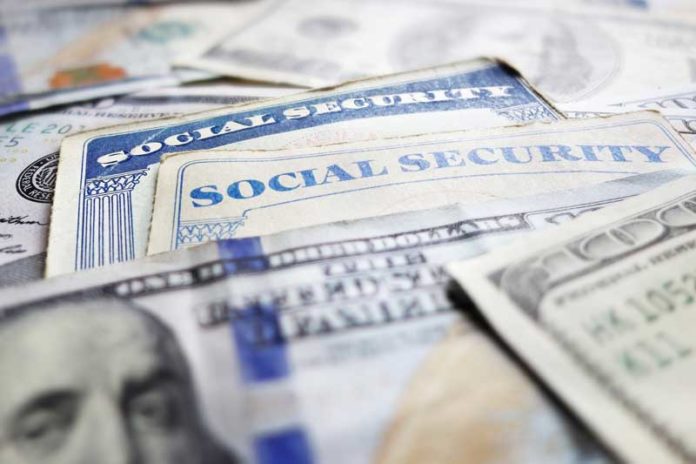In an incredible application of “one size fits all” bureaucratic rulemaking and doublespeak, the Social Security Administration (SSA) has signed off on disability benefits for hundreds of Puerto Ricans because they do not speak English despite the fact that they live in the predominantly Spanish-speaking territory.
This finding comes from a new audit by the Office of Inspector General (OIG) that says the SSA is misapplying rules intended to provide financial assistance to individuals who are illiterate or cannot speak English in the United States. Apparently, under the rules, Puerto Ricans may receive disability benefits because they are unable speak English well in Puerto Rico.
According to the OIG:
“We found the Agency did not make exceptions regarding the English-language grid rules for claimants who reside in Puerto Rico, even though Spanish is the predominant language spoken in the local economy…”
The audit concluded that someone applying for disability in Puerto Rico who cannot speak English “may increase his/her likelihood of receiving disability benefits.”
The exact number of Puerto Rico residents who receive disability for language reasons in the U.S. territory is not known because there is no system in place to track them.
That is not the only reason why Americans living in Puerto Rico have it easier than their brethren on the mainland. According to tax and litigation expert Robert W. Wood writing in Forbes Magazine:
“Puerto Rico is a U.S. Commonwealth. It is part of the U.S. but in some ways still independent. Its tax system is a hybrid, part of the U.S. and well, not.
If you can really move yourself and/or your business, you may be able to cut your income taxes down to almost nothing. You have to be careful, though. The interaction between the IRS and taxman in Puerto Rico is nuanced, requiring some Puerto Ricans to file with the IRS, some with the Puerto Rico Department of Finance, and some with both.”
And the incentives to move are incredible. Once you qualify, the maximum income tax rate in Puerto Rico is just 4%. In addition, after you become a resident, taxes on interest, dividends and long-term capital gains on appreciated properties are zero.
Compared to California, where the maximum federal income tax rate is 39.9% and state income tax rate is 13.3%, a move to Puerto Rico could double your disposable income by 100% or more.






























